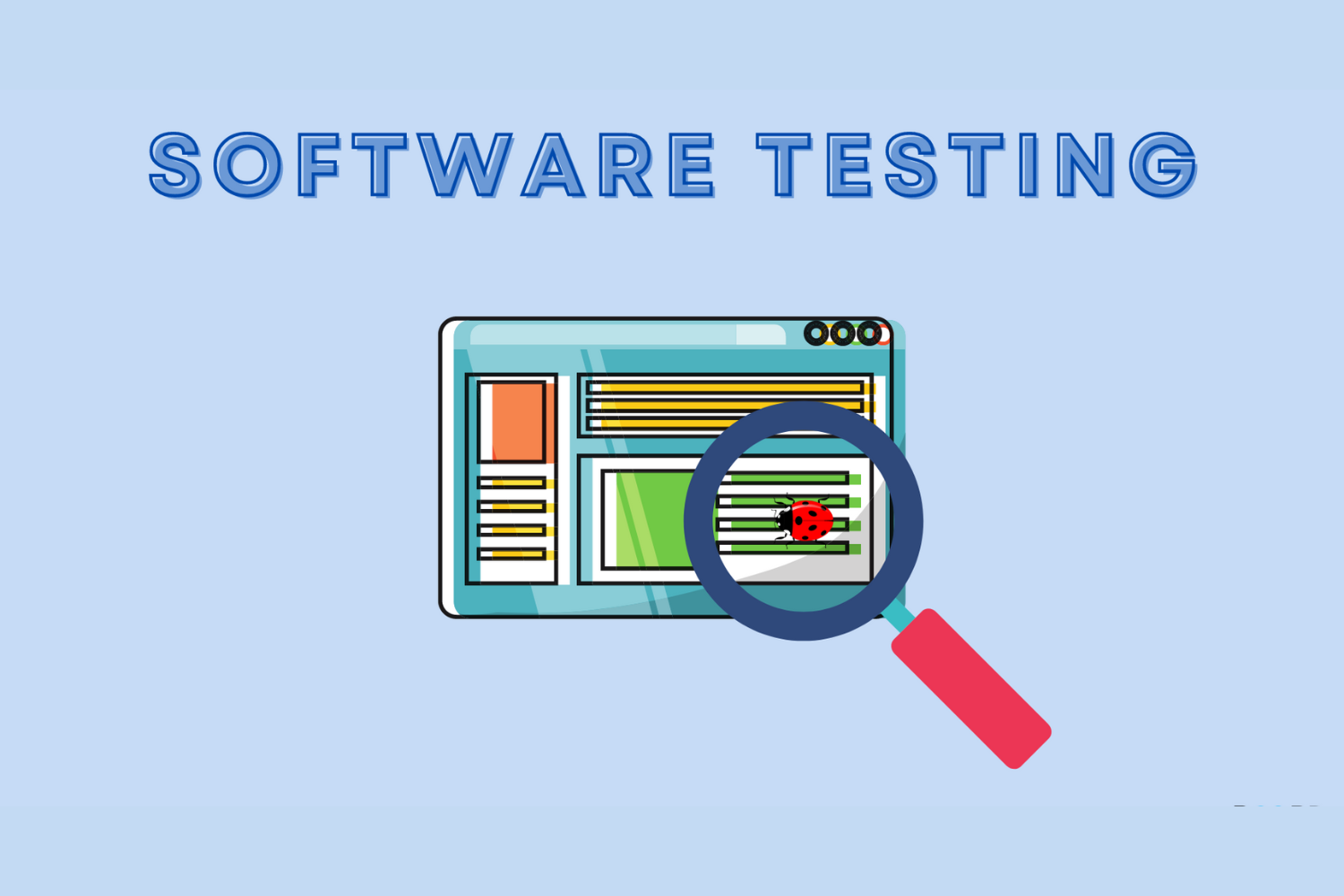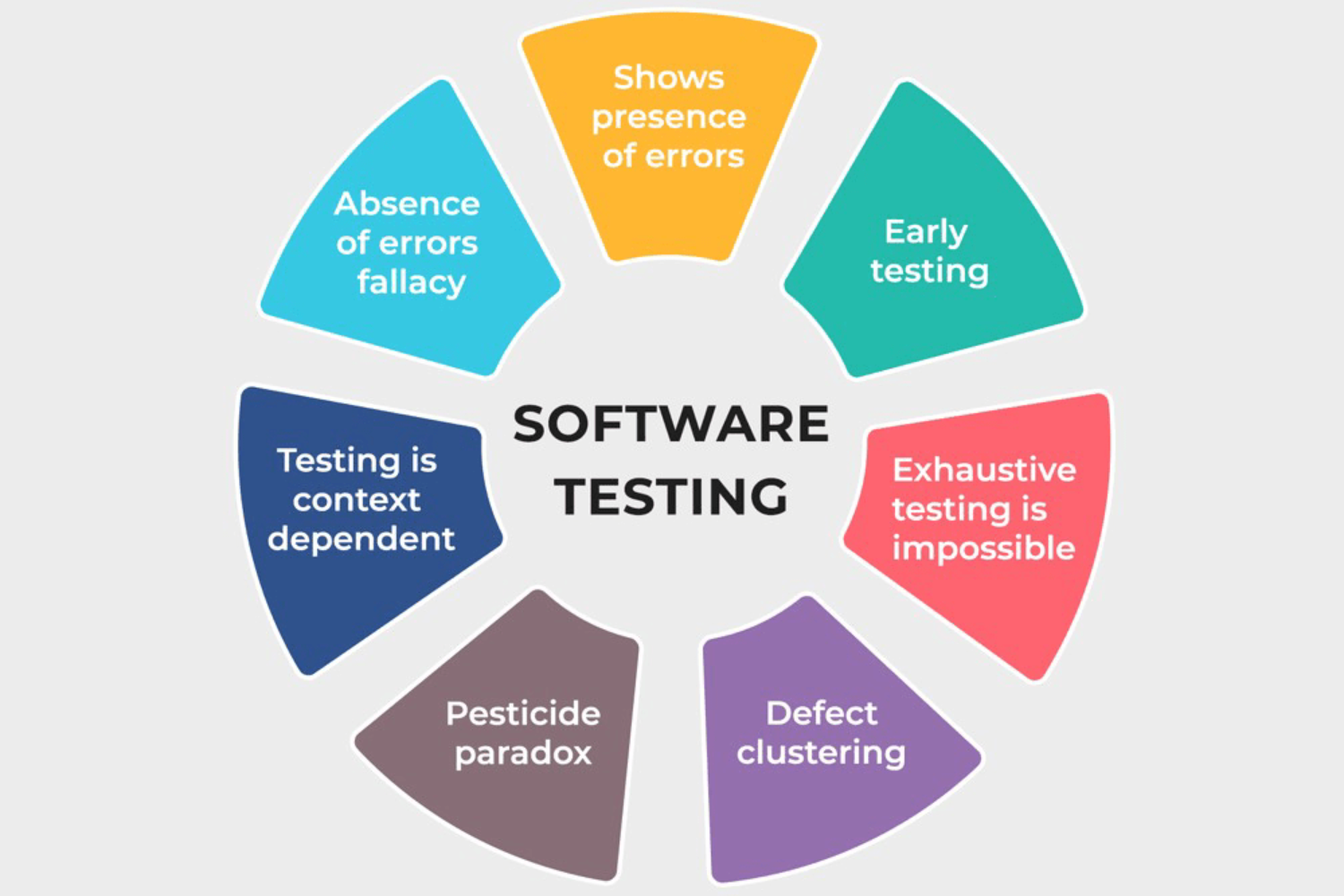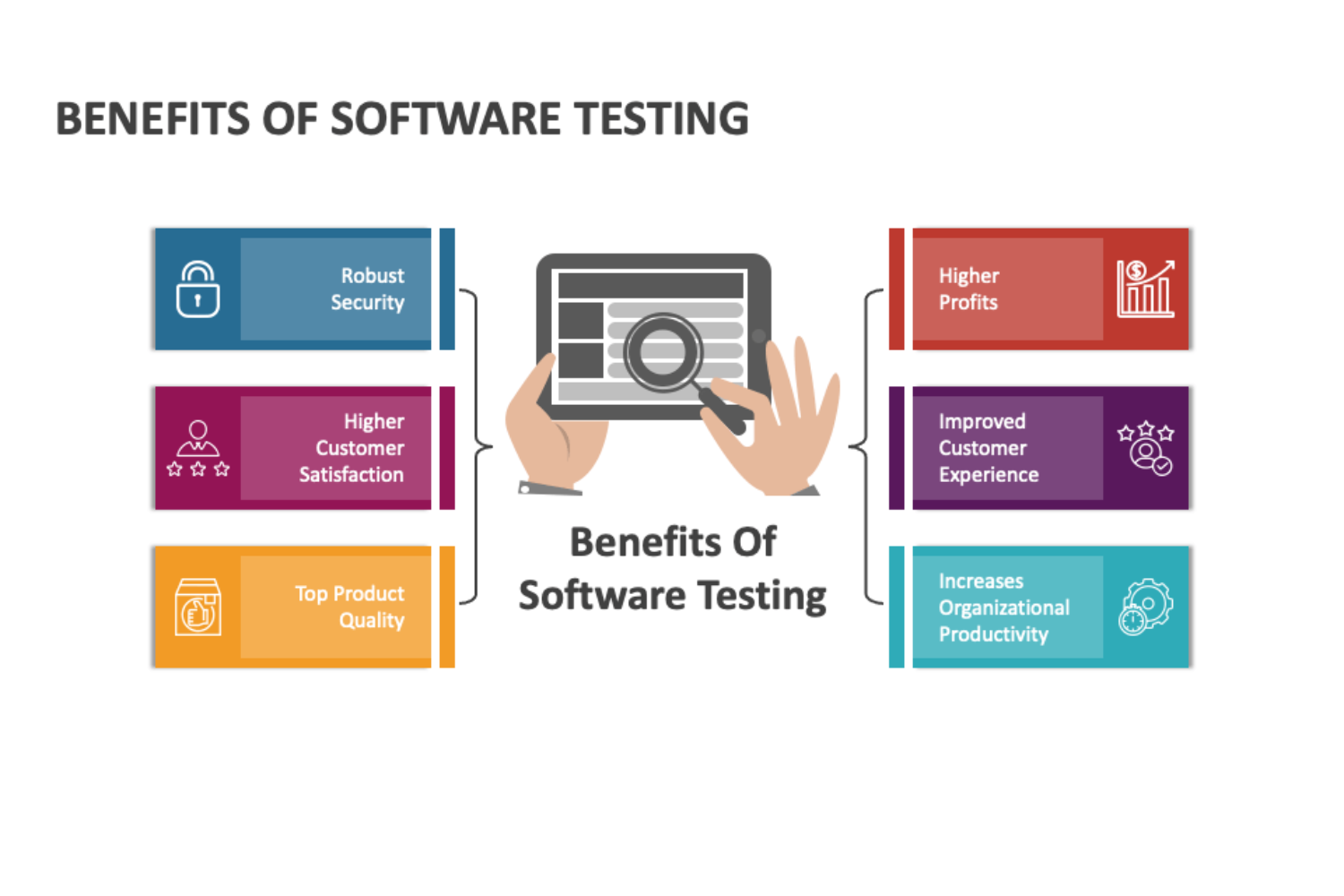Hey Guys Are u interested in software testing So Lets see where to begin

The Crucial Role of Software Testing in Ensuring Quality
In the fast-paced world of software development, the demand for high-quality, bug-free applications is higher than ever before. Whether it’s a mobile app, a web application, or a complex software system, one thing remains constant: the importance of software testing. In this blog, we will explore the essential role that software testing plays in ensuring the quality and reliability of software products.
Explication of Software Testing
Software testing is the process of evaluating a software application to identify defects or issues. It involves running the software in various scenarios to find errors and ensure that it meets the specified requirements. Testing can be done manually or through automated testing tools, and it covers a wide range of aspects, including functionality, performance, security, and more.


Let’s explore How software testing works?
Software testing is the process of evaluating and verifying that a software product or application does what it is supposed to do. The benefits of testing include preventing bugs, reducing development costs and improving performance.
Let’s see

Why software testing is important?
Software testing stands as an indispensable pillar in the software development process. It serves as the first line of defense, detecting and rectifying defects, bugs, and vulnerabilities before they reach end-users, thereby saving time and resources. Beyond this, it ensures software reliability, an essential factor in critical applications, and enhances the user experience through usability testing. In an age of increasing cyber threats, it safeguards against vulnerabilities and secures sensitive data. Compliance with industry standards and regulations, performance optimization, and cost-effectiveness are additional reasons for its crucial role. Quality software builds trust, offers a competitive edge, and allows for continuous improvement, making software testing an ongoing, mission-critical activity in the ever-evolving software landscape.

How Software Testing helps in our day to day life
Software testing is the silent guardian of our digital world. It ensures the reliability of the apps we use, the security of our online transactions, and the accuracy of navigation systems. From our smartphones to smart home devices, software testing plays a crucial role in delivering seamless, safe, and efficient experiences in our daily lives. Whether we’re shopping online, banking, or even relying on healthcare software, it’s the meticulous work of software testers that keeps our digital interactions dependable and hassle-free.
Software testing in healthcare
Software testing in healthcare is a critical process that ensures the reliability and accuracy of medical software applications. It involves systematically checking for bugs, security vulnerabilities, and usability issues to guarantee patient safety and data integrity. Testing in this context is vital to prevent errors in medical diagnosis, treatment, and record-keeping, ultimately contributing to better patient care and the overall effectiveness of healthcare systems.


Environmental Impact of Software Testing
Software testing for environmental impact assesses the ecological consequences of software and technology products. It evaluates factors such as energy consumption, resource usage, and carbon footprint to minimize negative environmental effects. This testing helps create sustainable software solutions, reducing energy waste and promoting eco-friendly practices in the tech industry. It plays a crucial role in the broader effort to mitigate the environmental impact of digital technologies.
Ethical Principles Of Software Testing
The ethical principles of software testing revolve around ensuring fairness, transparency, and responsibility. Testers must respect user privacy, uphold data confidentiality, and communicate potential risks honestly. They should strive for accuracy, avoiding biased or discriminatory outcomes. Additionally, it’s essential to adhere to legal and regulatory frameworks, maintaining the integrity of the testing process. Ethical software testing ultimately seeks to build trust with users and stakeholders by prioritizing ethical values and social responsibility throughout the testing lifecycle.


Upcoming’s Of Software Testing
The future of software testing holds exciting prospects driven by technological advancements and evolving industry needs. Automation will continue to play a pivotal role, with increased use of AI and machine learning for more efficient testing processes. Continuous integration and delivery (CI/CD) practices will become even more prominent, emphasizing the need for rapid and thorough testing in shorter development cycles. Additionally, security testing will be paramount as the threat landscape evolves, making cybersecurity an integral part of the testing ecosystem. Furthermore, there will be a growing emphasis on inclusivity and accessibility testing to ensure software is usable by all. As software complexity increases, testing methodologies will adapt, and the role of the ethical tester, considering privacy and fairness, will become more prominent in ensuring the quality and ethical integrity of software.
Do u know in which case where software testing is used?

Software testing is used in various cases to ensure the reliability and quality of software applications. It is employed during the development process to identify and rectify defects, errors, and vulnerabilities. Testing is crucial before software release to prevent potential issues that could impact users, such as crashes, data loss, or security breaches. Furthermore, software testing is essential in scenarios where updates or changes are made to existing software to validate that these modifications don’t introduce new problems. Additionally, in safety-critical industries like healthcare and aviation, software testing is used rigorously to guarantee that software functions correctly and adheres to strict safety and regulatory standards, ensuring the well-being of users and the public.
Merits And Aspects Of Software Testing:
Software testing offers several merits and plays essential roles in software development. It helps identify and rectify defects and vulnerabilities, ensuring software reliability and security. Testing verifies that software meets specified requirements, which is crucial for user satisfaction. It also supports early issue detection, reducing development costs in the long run. In terms of aspects, testing encompasses functional, performance, security, and usability dimensions, addressing various quality factors. Additionally, it facilitates compliance with industry standards and regulations, making it indispensable in critical sectors like healthcare and finance, where precision and safety are paramount. Overall, software testing is integral to delivering high-quality, dependable software products.

Closure Of Software Testing
In conclusion, software testing plays a pivotal role in the software development lifecycle. It is a critical quality assurance process that helps identify and rectify defects, ensuring that the software meets its intended functionality and performance standards. Effective testing not only enhances the reliability and robustness of the software but also contributes to customer satisfaction. It is a continuous and iterative process that includes various testing techniques, such as unit testing, integration testing, system testing, and user acceptance testing. By conducting thorough testing, software developers can mitigate risks, reduce post-release issues, and ultimately deliver a more dependable and user-friendly product to the market.

